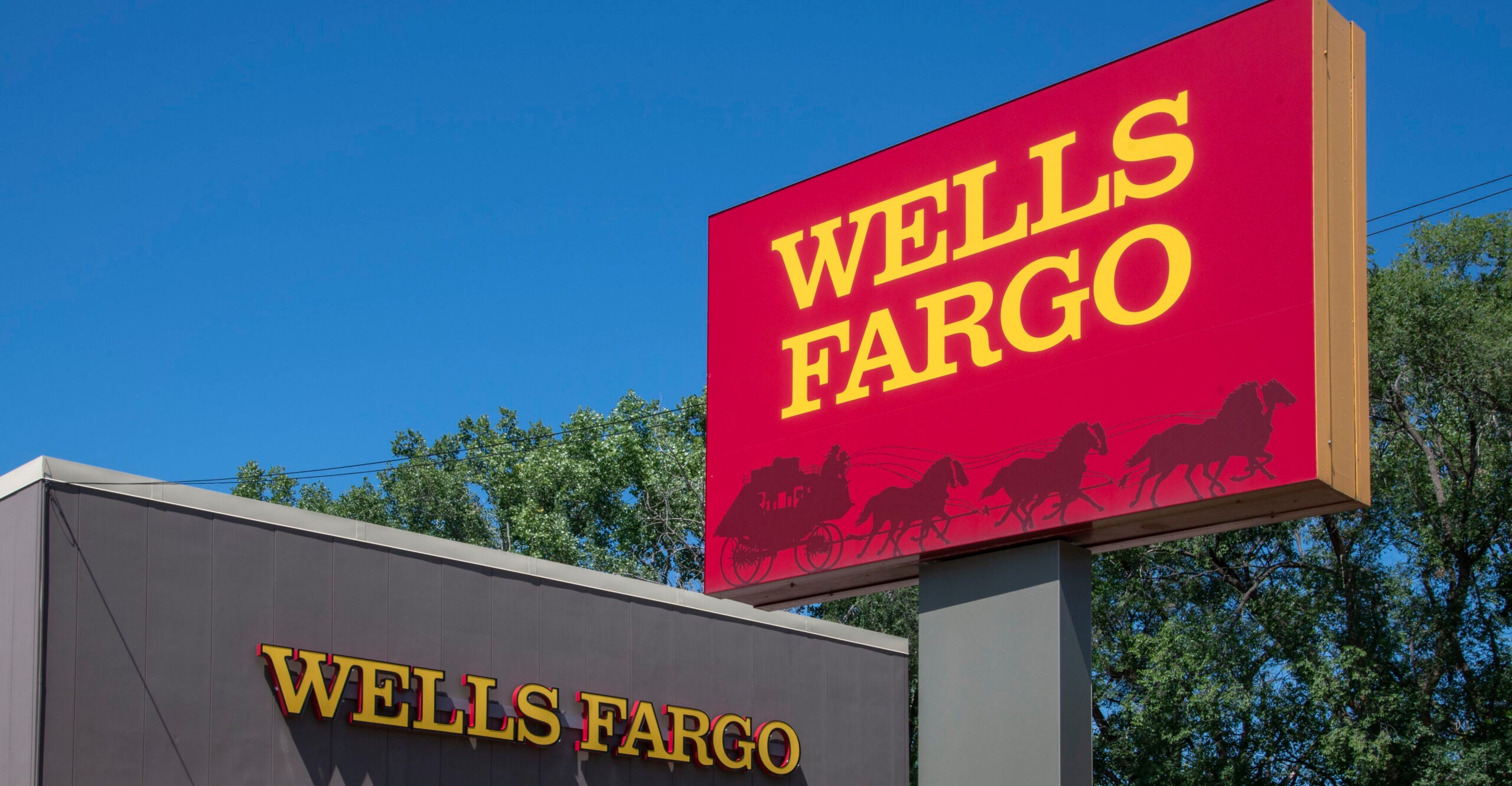Why we must de-risk and embrace regenerative farming
Healthier, more sustainable food systems are integral to climate-neutral ambition — and flagship EU law is essential to support farmers in transition to low-carbon, high biodiversity and fairer farming practices.

Over the past few years, the EU has been at the forefront of the fight against climate change and pushing for sustainability across all its policies. As president of the European Commission, Ursula von der Leyen set the tone by presenting in her political guidelines for 2019-2024 the main pillar of the EU’s work during her mandate: the European Green Deal. The goal was simple, yet challenging: To make Europe the first ever climate-neutral continent by 2050.
Five years later, although a vast majority of the work has been delivered, we are still awaiting some crucial initiatives on agriculture and environment. Understandably, the Covid crisis and recent geopolitical events have shifted the focus of the European Commission and the EU member countries toward competitiveness, economic recovery, defense, and EU enlargement. However, green priorities should be a vital part of all policies put forward by the EU, a complementary piece to the wider policy puzzle.
This year is marked by the European elections and the new mandate of the European Commission. The political momentum is strong and there is an opportunity to move these important systemic agenda changes forward.
One of these priorities should be the journey toward regenerative agriculture, made in tandem with improving farmers’ livelihoods. Support must be available for smallholder farmers, and more options to help commercial farmers de-risk and adopt lower greenhouse gas emission inputs. Without this there are simply not enough resources to ensure the commercial change needed for the future of sustainable farming.
Are we ready to take on this journey? Many initiatives expected during this mandate have been slow to progress, such as the proposal for a legislative framework for sustainable food systems, or the proposal for a sustainable food-labelling framework. The climate crisis is one of the biggest challenges we face, and we need to do everything we can to tackle it. Europe’s environmental ambition must not be downgraded by the delay of legislation or have a negative impact on farmers’ livelihoods.
Public and private sectors must work hand-in-hand if we have any chance to succeed and attain climate neutrality by 2050.
Industry also has a huge part to play in this, and must take responsibility to support the farmers within their supply chain to make this transition. Public and private sectors must work hand-in-hand if we have any chance to succeed and attain climate neutrality by 2050.
As a business that is all about helping people live well through the delicious goodness of fruit and veg, we are acutely aware of the risk to long-term security of agricultural ingredients. Many of us are already feeling the impact of climate change on our sourcing and that is why we are committed to looking at the role we can play in tackling the climate crisis. Our overarching ambition is to reduce our scope 3 carbon footprint by 50 percent by 2030 (compared to 2019), focusing our decarbonization efforts within our supply chain where we can have the greatest impact: our ingredients.
As a business that is all about helping people live well through the delicious goodness of fruit and veg, we are acutely aware of the risk to long-term security of agricultural ingredients.
For the past few years through our Beacon project, we have been engaged in a research project looking at increasing natural pollinators to improve soil health and yield while reducing carbon emissions through lower use of pesticides. This research is starting to show results and is a springboard for us to look at what more we can test and learn. We also want to share results with a wider network to try and transition to more sustainable supply chains for our key ingredients.
This ambition is also at the heart of our Farmer Innovation Fund. In 2021, we launched the Farmer Innovation Fund, offering funding of up to £100,000 to our suppliers for projects contributing to the reduction of their carbon footprint and the shift toward more sustainable and innovative practices and techniques. It is through this fund that we hope to support commercial fruit farmers in their transition to farming that’s compatible with limiting global warming to 1.5C.
But if we truly want to play our part and make our commitment a reality, we must take this initiative to the next level. The funding must match our ambitions. Which is why, from 2024, the Farmer Innovation Fund is increasing to £1 million.
We are also appointing an external advisory council to ensure that our funding is being used in the most impactful way possible. This year, our priority will be on regenerative farming practices, essential in the transition towards a resilient and sustainable food system.
Our food systems need to become more sustainable and healthier. Which is why we urge the EU not to abandon its flagship sustainable food systems law. It is essential to bring about the change needed to help farmers transition to low-carbon, high biodiversity, and fairer farming practices while protecting their livelihoods.
Our priority is to help safeguard the supply of fruit and vegetables across Europe, to deliver healthy sustainable diets for now and the future.
Agriculture plays an important role in all our lives; however, it is also responsible for more than 10 percent of the EU’s total domestic greenhouse gas emissions. This must change, and with a renewed focus on tackling the biggest sources of emissions in our supply chain, we are committed to playing our part. Our priority is to help safeguard the supply of fruit and vegetables across Europe, to deliver healthy sustainable diets for now and the future.




















